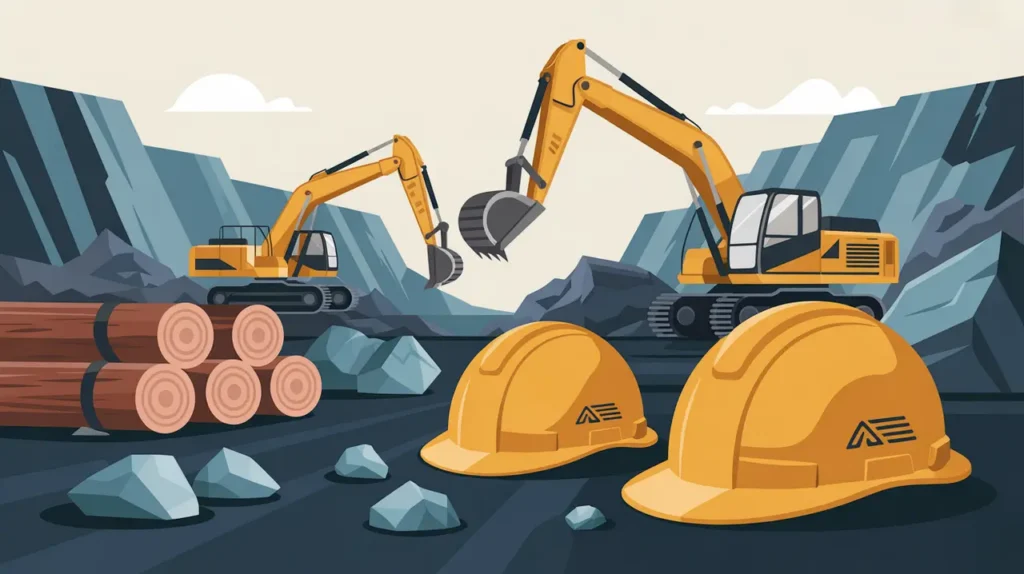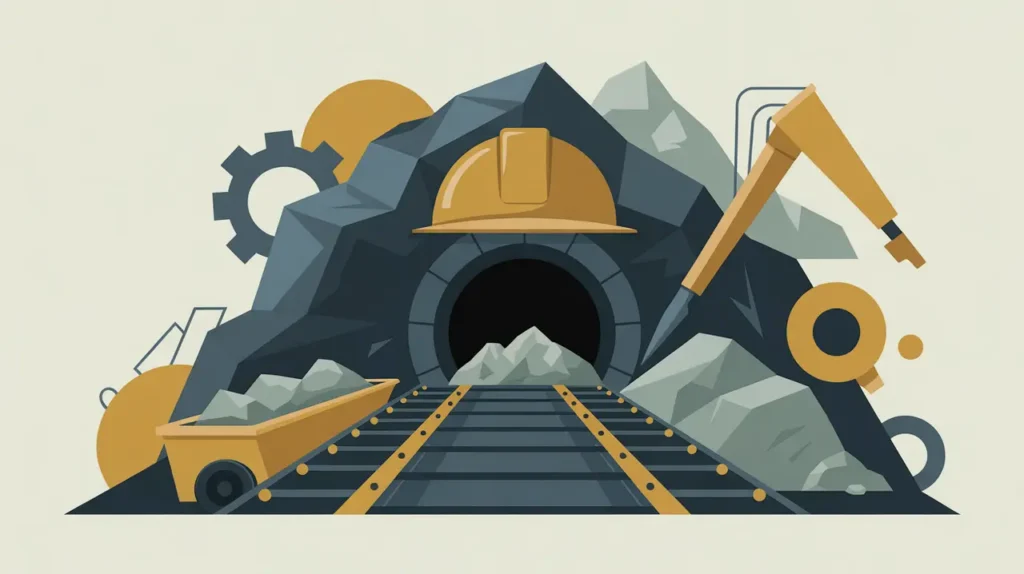Importance of Oil and Gas
Oil and gas are among the most influential resources in the global economy, powering industries, transportation, and households. In international development, they generate significant government revenues, foreign exchange, and employment, but they also raise challenges of environmental sustainability, governance, and equitable distribution. For nonprofits and social innovators, oil and gas matter because their extraction and use affect climate change, local livelihoods, and the resilience of communities near production sites. Their importance lies in balancing short-term economic benefits with long-term sustainability and justice.
Definition and Features
Oil and gas refer to fossil fuels extracted from underground reserves and used primarily for energy and industrial production. Their defining features include:
- Energy Provision: fueling electricity generation, transport, and manufacturing.
- Revenue Source: major contributor to government budgets and exports in many countries.
- Environmental Impact: greenhouse gas emissions, spills, and ecosystem disruption.
- Geopolitical Influence: central to international relations and global security.
How this Works in Practice
In practice, oil and gas are extracted through exploration and drilling, processed in refineries, and distributed via pipelines, tankers, and other infrastructure. For example, national oil companies may dominate production in resource-rich countries, while multinational corporations invest in exploration and export. Development programs often focus on governance reforms to reduce corruption, manage revenues responsibly, and mitigate environmental harm. Challenges include resource dependency, economic volatility tied to global prices, and health risks for proximate communities.
Implications for Social Innovation
Oil and gas have significant implications for social innovation because they highlight the trade-offs between development and sustainability. Innovations such as renewable energy transitions, community benefit-sharing agreements, and technologies to reduce emissions are reshaping the sector. For proximate actors, governance and accountability determine whether oil and gas extraction brings local benefits or long-term harm. Oil and gas remain critical in the present energy mix but must be managed responsibly to support equitable and sustainable development.







